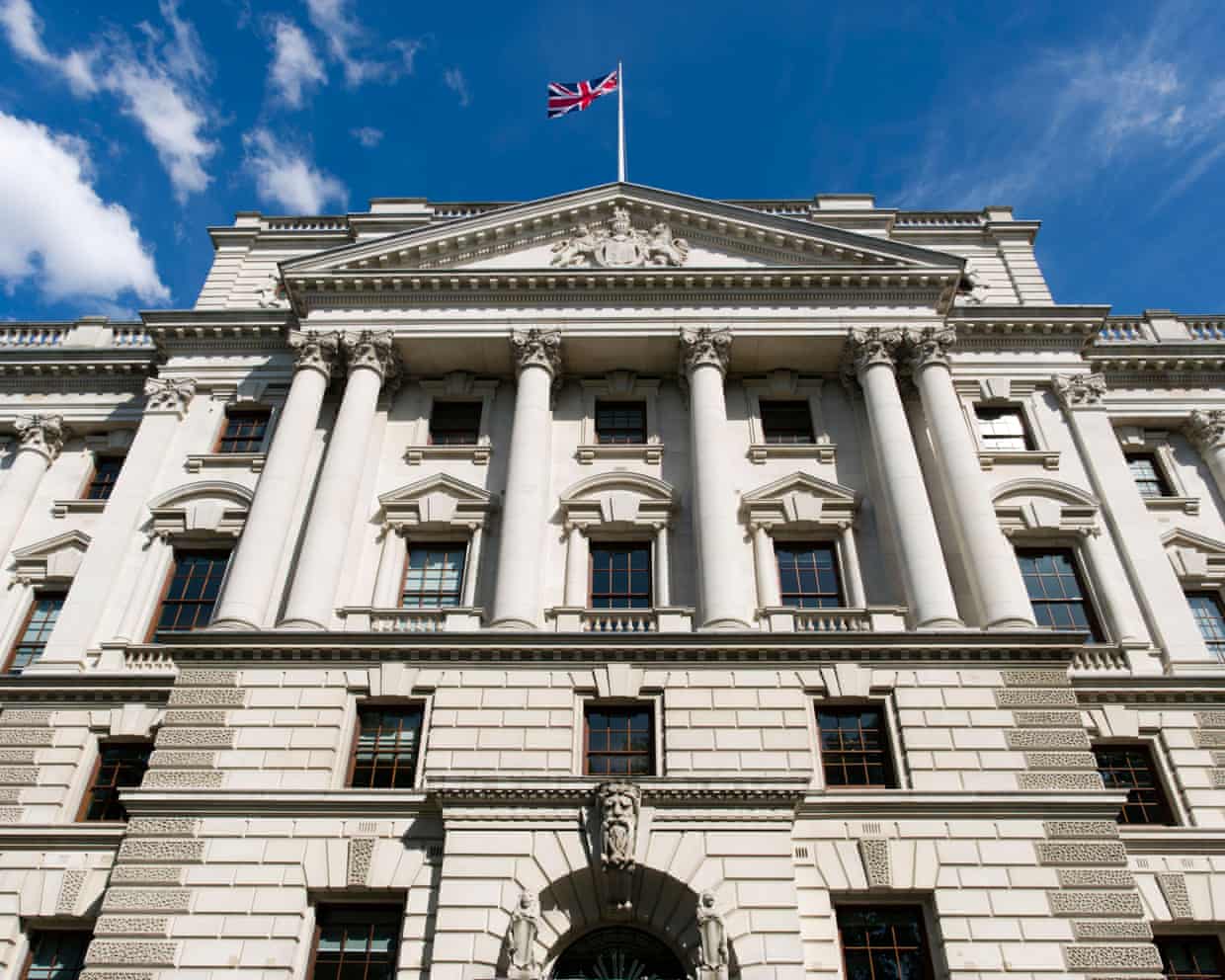World
UK Government Borrowing Hits £20.2 Billion in September Surge

Government borrowing in the United Kingdom surged to its highest level in five years for the month of September, reaching a staggering £20.2 billion. This increase reflects rising debt interest costs and a significant uptick in welfare payments, pushing the public finances further into deficit. According to figures released by the Office for National Statistics (ONS), public sector net borrowing—the gap between public spending and income—rose by £1.6 billion compared to the same month last year, marking the highest September borrowing since 2020.
The ONS reported that despite a rise in tax receipts, these gains were insufficient to counterbalance the dramatic increase in debt interest costs and welfare expenditures, which have largely escalated due to persistent inflation. Analysts surveyed by Reuters had anticipated borrowing would be slightly higher, projecting £20.8 billion for the month.
As it stands, total borrowing for the current financial year has reached £99.8 billion, which is £7.2 billion above the forecast set by the Office for Budget Responsibility (OBR) in March. This development presents a significant challenge for the Chancellor of the Exchequer, Rachel Reeves, as she prepares for her budget announcement scheduled for November 26, 2023.
Despite a recent decline in UK borrowing costs on international money markets, the interest obligations remain at historically high levels. Projections indicate that annual borrowing could surpass £100 billion this year, approaching 10% of the national budget. This situation is likely to constrain expenditure capabilities for various departments within Whitehall.
In her forthcoming budget, Reeves is expected to confront a deficit estimated between £20 billion and £40 billion. To address this shortfall, she has hinted at potential significant tax increases and a revival of initiatives aimed at reducing welfare costs, particularly in light of a troubling downgrade to the OBR’s productivity forecast.
The UK economy experienced modest growth of 0.1% in August, although a downgrade of growth figures from July has tempered the overall three-month growth rate to just 0.3%. As the government navigates these financial challenges, the implications for public spending and welfare programs remain a critical concern for both policymakers and citizens alike.
-

 Science3 months ago
Science3 months agoUniversity of Hawaiʻi Joins $25.6M AI Project to Monitor Disasters
-

 Business3 months ago
Business3 months agoForeign Inflows into Japan Stocks Surge to ¥1.34 Trillion
-

 Entertainment2 months ago
Entertainment2 months agoHudson Williams Gains Popularity as Breakout Star on Heated Rivalry
-

 World3 months ago
World3 months agoBoeing’s Merger with McDonnell Douglas: A Strategic Move Explained
-

 Science2 months ago
Science2 months ago$1.25M Grant Advances Hawaiʻi’s Real-Time Hazard Monitoring
-

 Entertainment3 months ago
Entertainment3 months agoSydney Sweeney Embraces Body Positivity Amid Hollywood Challenges
-

 Top Stories3 months ago
Top Stories3 months agoBOYNEXTDOOR’s Jaehyun Faces Backlash Amid BTS-TWICE Controversy
-

 Top Stories3 months ago
Top Stories3 months agoUrgent Farewell: Joleen Chaney Leaves Legacy at KFOR
-

 World3 months ago
World3 months agoFrench Film Explores Group Therapy in ‘Group – The Schopenhauer Project’
-

 Top Stories3 months ago
Top Stories3 months agoMarc Buoniconti’s Legacy: 40 Years Later, Lives Transformed
-

 Lifestyle4 months ago
Lifestyle4 months agoKelsea Ballerini Launches ‘Burn the Baggage’ Candle with Ranger Station
-

 Top Stories3 months ago
Top Stories3 months agoCarson Wentz Out for Season After Shoulder Surgery: Urgent Update









